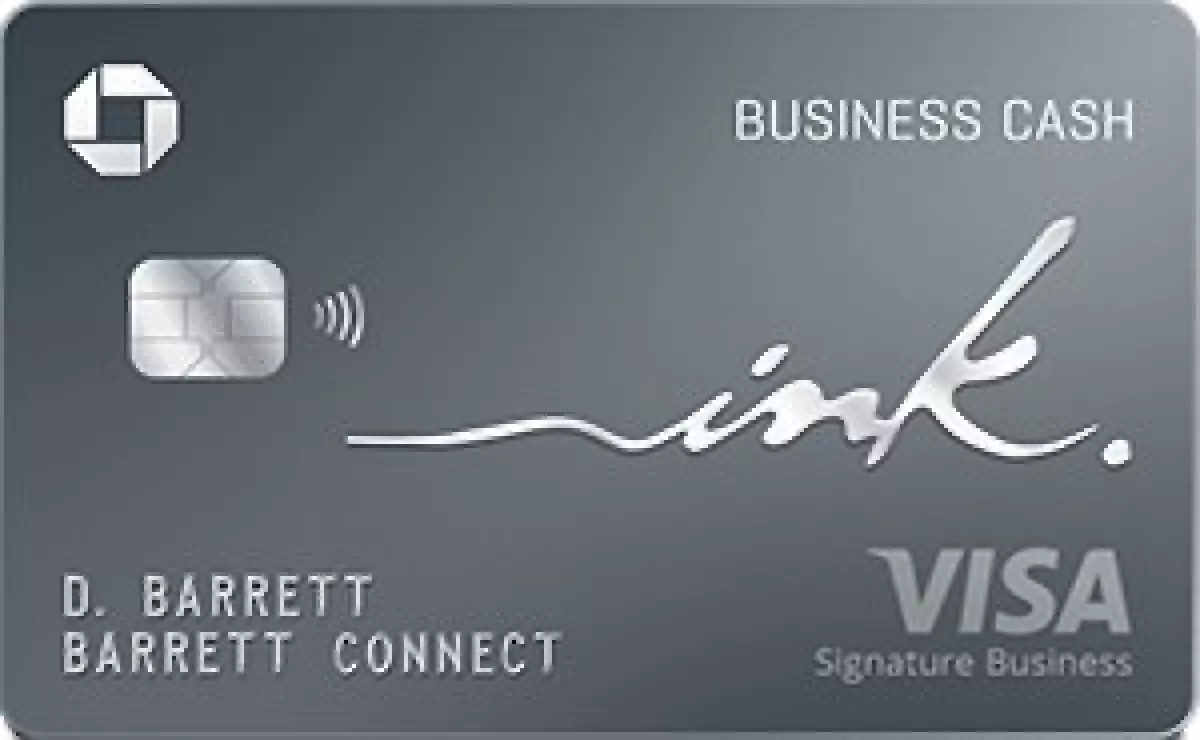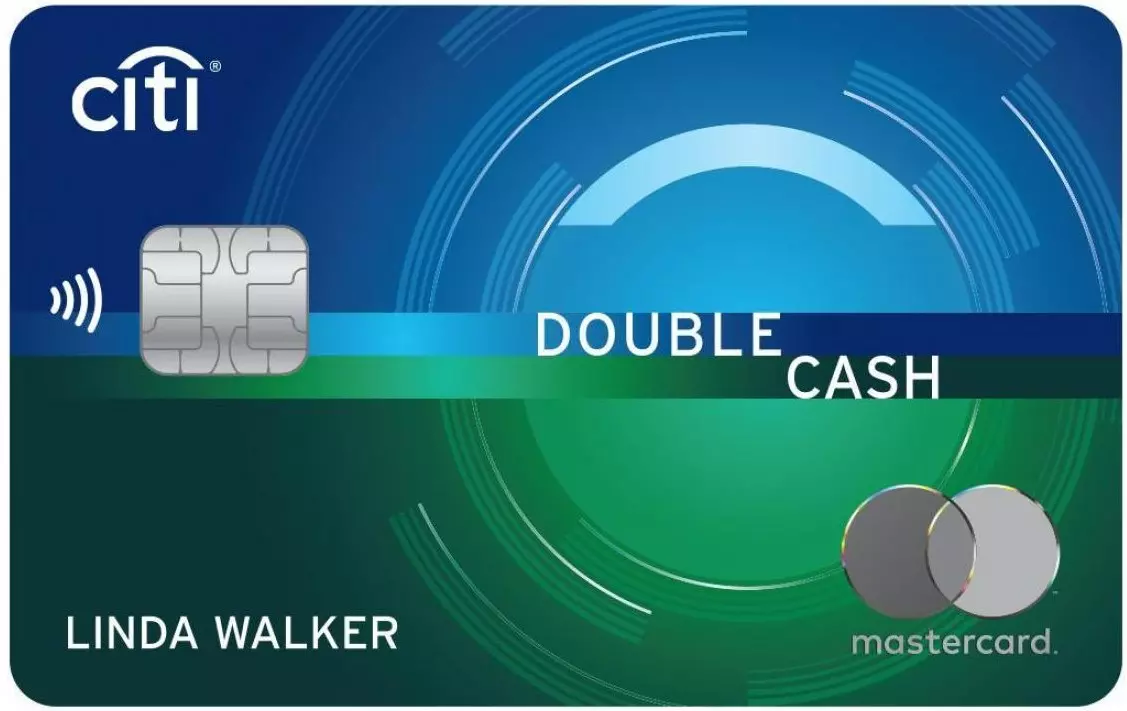Real estate investing is a popular and lucrative way to diversify your portfolio and generate passive income. As a beginner in real estate investing, you have the potential to become a successful investor and achieve your financial goals. But where do you start?
This comprehensive beginner's guide to real estate investing aims to teach you everything you need to know to get started in the real estate market and build the right path for yourself.
Key Takeaways
- Real estate investing offers the benefits of rental income and property value appreciation.
- Real estate is relatively stable and can provide part-time or full-time involvement.
- There are options for small investments, such as Real Estate Investment Trusts (REITs).
- Popular real estate investment strategies include flipping houses and the Buy, Rehab, Rent, Refinance, Repeat (BRRRR) method.
- Funding options for real estate investing include personal savings, mortgages, credit cards, home equity loans, and more.
How to Invest in Real Estate (Even If You're a Beginner)
Real estate investing offers a range of options with varying time and financial commitments, as well as pros and cons. Here are some methods you can use as a beginner:
1. Flip Houses
Flipping houses involves buying a property below market value, making improvements, and selling it for a higher price. This strategy can be profitable if you accurately assess the potential future value of the property after repairs. However, it's important to consider the costs, including repairs and carrying costs. Flipping houses requires patience, as your invested money may be tied up until the property is sold.
2. Invest in REITs and Real Estate Funds
Real Estate Investment Trusts (REITs) are companies that own and operate income-generating real estate. You can invest in REITs by buying shares in publicly-traded REITs or through real estate funds, such as mutual funds and exchange-traded funds (ETFs). REITs offer a low-cost and accessible way to invest in real estate, with the potential for regular income and diversification.
3. Use the Buy, Rehab, Rent, Refinance, Repeat (BRRRR) Method
The BRRRR method focuses on purchasing undervalued rental properties, rehabilitating them to increase their market value, renting them out, refinancing the mortgage, and repeating the process with another property. This strategy allows you to leverage the increased property value and rental income to expand your real estate portfolio. However, it's essential to carefully analyze the potential costs and risks involved.
4. Use Real Estate Crowdfunding
Real estate crowdfunding platforms enable individual investors to pool their money and invest in real estate projects, such as commercial buildings and rental properties. Platforms like CrowdStreet, Ark7, CollabHome, Fundrise, and DiversyFund offer opportunities to invest with varying minimum investment amounts and property types. Real estate crowdfunding provides a hands-off approach to real estate investing and allows you to participate with lower capital requirements.
5. Get Into Wholesaling
Wholesaling involves acting as a middleman between a seller and a buyer to make a profit. Unlike real estate agents, wholesalers do not need a license as they technically own the property they sell. Wholesaling can be done in various real estate sectors, such as land wholesaling, residential wholesaling, and commercial wholesaling. It requires networking, negotiating skills, and the ability to find motivated sellers and buyers.
How to Fund Real Estate Investing
The initial step in real estate investing is building pools of available money to purchase properties. Funding sources vary depending on the type of investing, target properties, and your financial situation. Here are some funding options to consider:
Personal Savings
Using your personal funds is the cheapest source of financing. Having money set aside allows you to act quickly without incurring loan or mortgage interest charges. Personal savings are especially useful for wholesalers, who may only need a small amount of money to put real estate properties under contract.
Conventional Loans and Government Programs
If you plan to reside in the property, conventional mortgages and government programs (such as FHA, VA, and HUD loans) provide financing options. Conventional mortgages can be obtained from credit unions or banks, while government programs offer loans with varying eligibility criteria. It's important to consider down payments, interest rates, and mortgage insurance premiums when opting for these programs.
Financing Secured Through a Mortgage Broker
Working with a mortgage broker allows you to shop around for the best loan options. Mortgage brokers can connect you with various lenders and help you find favorable terms and rates. Online platforms like Rocket Mortgage also provide mortgage brokerage services.
Home Equity Loan or Line of Credit
Existing property owners can tap into their home equity by obtaining a home equity line of credit (HELOC) or home equity loan. These options allow you to use the equity in your home to finance investment property purchases. A HELOC is generally more flexible and economical compared to a home equity loan.
Personal Loans and Lines of Credit
Personal loans and lines of credit are unsecured financing options that provide cash flow without tying it to the property you're purchasing. Personal loans require interest payments and fixed monthly installments, while lines of credit allow you to pay interest only on withdrawn amounts. These options can provide quick access to funds for real estate investments.
Seller/Owner Financing
Seller or owner financing is an option when the property owner finances your purchase instead of a bank. This method can be advantageous if you're unable to obtain bank financing. While interest rates may be higher, you can avoid some of the fees associated with traditional loans.
Credit Cards
Credit cards can be used to cover expenses such as repairs, utilities, and insurance. Depending on your credit score and card options, you may earn rewards or take advantage of 0% APR promotional offers. Credit cards provide flexibility and can be useful for short-term financing.
Hard Money Loans
Hard money loans offer financing for real estate investments, albeit at higher costs. They are generally short-term loans with higher interest rates and fees compared to other options. Hard money loans are often considered a last resort due to the terms and fees associated with this type of financing.
How Much Money Do You Need to Invest in Real Estate?
The amount of money required for real estate investments varies depending on the investment strategy and other factors. Here's a general idea of the money you might need for different real estate investment methods:
- Flipping Houses: The cost of flipping houses depends on the property's location, condition, and required renovations. The 70% rule suggests that you should spend no more than 70% of the property's after-repair value (ARV) minus renovation costs.
- Investing in REITs and Real Estate Funds: These investment options have low barriers to entry, allowing you to start with as little as $1,000 or even less.
- Using the BRRRR Method: The BRRRR method involves buying undervalued properties, rehabilitating them, renting them out, and refinancing. The amount of money needed depends on the property and location, but a common guideline is to invest less than 70% of the property's value.
- Real Estate Crowdfunding: Real estate crowdfunding platforms enable you to invest with small amounts, starting from as little as $10.
- Wholesaling: Wholesaling typically requires minimal upfront capital, as it involves assigning contracts for a fee rather than owning the property.
It's important to consult a financial advisor to align your investment plan and understand the potential risks associated with different investment methods.
How to Find Your First Property
The location and quality of a property are crucial factors for profitable real estate investments. Here are some avenues to find potential investment properties:
Real Estate Agents and the MLS
Working with a realtor or real estate agent gives you access to their local market knowledge and the Multiple Listing Service (MLS). The MLS is a database of properties for sale that only licensed agents can access. Online platforms like Redfin and Zillow offer similar services but may not have as much data as the MLS.
Auctions
Auctions are another way to find potential deals. Properties at auctions may not be in optimal condition for sale through the MLS. It's important to perform thorough due diligence on auction properties and be prepared with the required deposit and immediate payment ability if you plan to bid.
Wholesalers
Wholesalers constantly seek prospective buyers, making them a valuable resource for finding investment properties. By communicating your specific investment criteria to wholesalers, you can access opportunities that fit your needs.
Best Real Estate Investing Credit Cards
Credit cards can be a valuable tool for real estate investors. They help build credit history, provide cash back and rewards, and offer 0% APR promotions for financing real estate deals and expenses. Here are a few credit cards worth considering:
Ink Business Cash® Credit Card

The Ink Business Cash® Credit Card offers 5% cash back on office supply stores, internet, cable, and phone services, 2% cash back at gas stations and restaurants, and 1% cash back on other purchases. New cardholders can earn a $750 bonus cash back after spending $6,000 on purchases in the first 3 months from account opening.
Ink Business Preferred® Credit Card

The Ink Business Preferred® Credit Card offers 3X points on travel, shipping purchases, internet, cable, and phone services, and advertising purchases made with social media sites and search engines. New cardholders can earn 100k bonus points after spending $8,000 on purchases in the first 3 months from account opening.
Ink Business Unlimited® Credit Card

The Ink Business Unlimited® Credit Card offers unlimited 1.5% cash back on every purchase. New cardholders can earn a $750 bonus cash back after spending $6,000 on purchases in the first 3 months from account opening.
The Blue Business® Plus Credit Card from American Express

The Blue Business® Plus Credit Card from American Express earns 2X Membership Rewards points on eligible business purchases up to $50,000 a year and 1X points on all other purchases. It also offers a 0% introductory APR for 12 months on purchases.
Citi Double Cash® Card

The Citi Double Cash® Card offers up to 2% cash back on every purchase. Cardholders can also enjoy a 0% introductory APR for 18 months on balance transfers.
Please note that this list is not exhaustive, and it's important to choose a credit card that aligns with your specific financial needs and objectives.
Is Real Estate Investing a Good Idea?
Real estate investing offers several potential benefits for investors. It can hedge against inflation, diversify your investment portfolio, and provide semi-stable asset appreciation. Real estate also offers tangible investments, part-time or full-time involvement, and accessibility through options like REITs and crowdfunding.
However, it's crucial to conduct thorough research, assess risks, and consult with professionals before making investment decisions.
FAQ About Getting Started in Real Estate Investing
Q: How can I invest in real estate with a little money?
A: You can invest in real estate with a limited amount of money by using platforms like Fundrise and DiversyFund, which allow you to join the real estate market with low minimum investments. Additionally, REITs and real estate ETFs provide opportunities to invest in real estate without buying physical property. Financing options, partnerships, and networking can also help pool funds for real estate investments.
Q: How to invest in real estate as a beginner?
A: As a beginner, you can start investing in real estate by flipping houses, using the BRRRR method, investing in REITs and real estate funds, or getting into wholesaling. Each method has its own requirements and potential risks, so it's important to research and understand the specific strategy before getting started.
In conclusion, real estate investing offers a world of opportunities for beginners. With the right knowledge, strategies, and funding sources, you can embark on a successful real estate investment journey. Remember to approach each investment with careful planning and consideration to maximize your chances of financial success.











